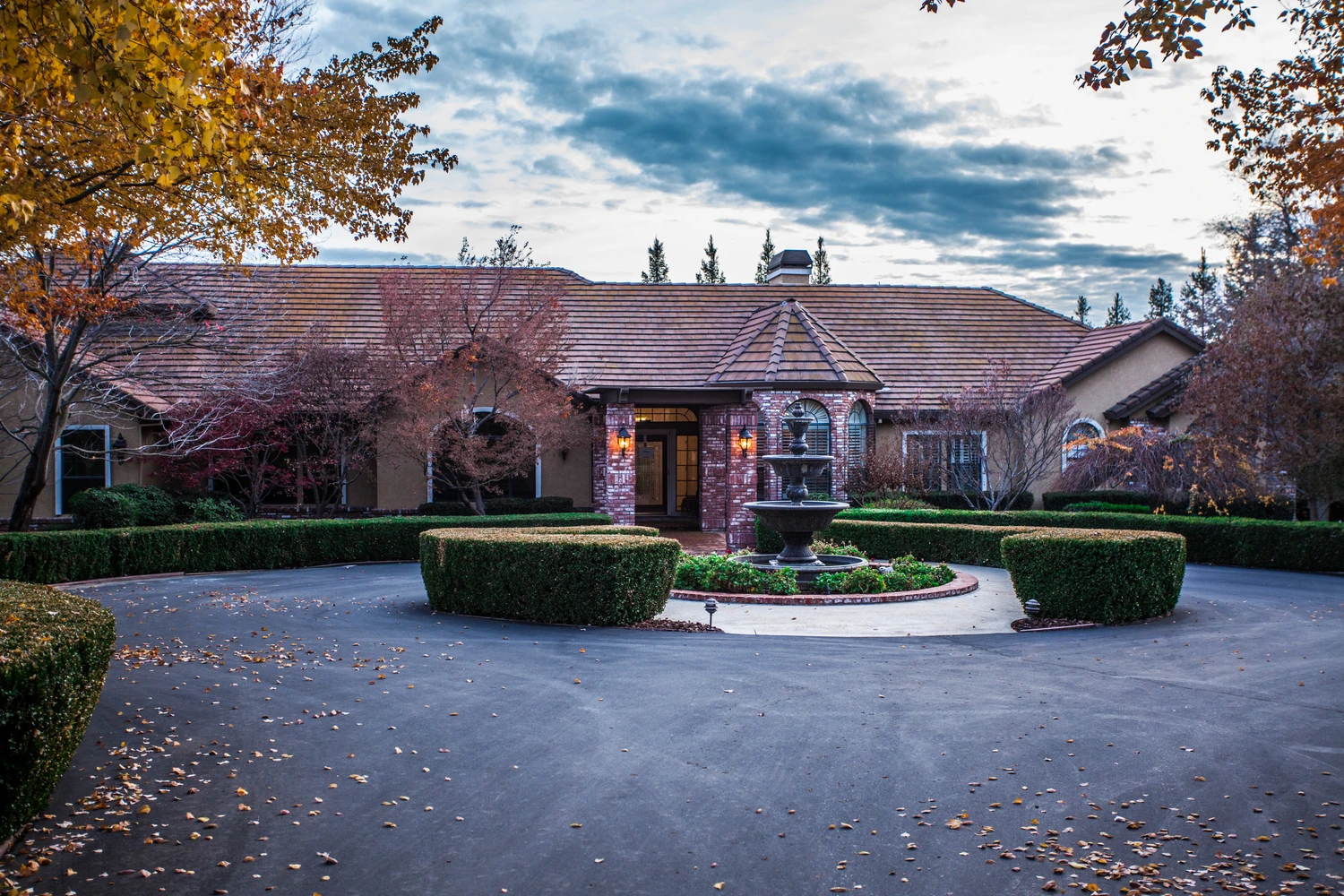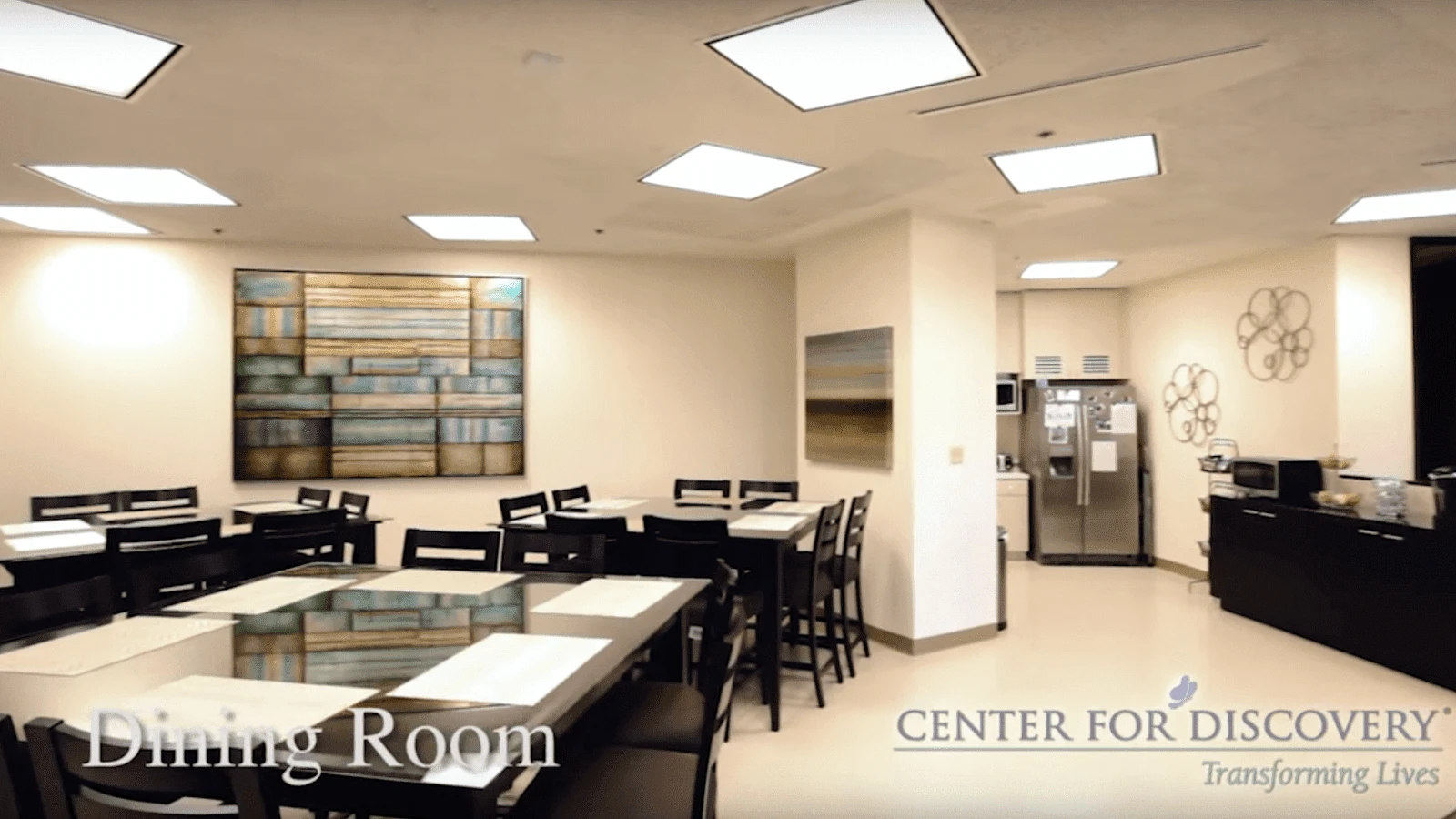Cliffside Malibu - Luxury Addiction Treatment Information
Treatment
Who We Treat
- Male and Female
Treatment Focus
- Alcohol
- Cocaine
- Drug Addiction
- Opioids
- Trauma
Approaches
- Evidence-Based
- Therapeutic Community
- Strengths-Based
- Non 12 Step
- Cognitive Behavioral Therapy (CBT)
- 1-on-1 Counseling
- Adventure Therapy
- Art Therapy
- Equine Therapy
- Meditation & Mindfulness
- Aromatherapy
Conditions We Treat
- Anxiety
- Bipolar Disorder
- Personality Disorder
- Burnout
- Psychosis/Schizophrenia
- Codependency
- ADHD/ADD
- Trauma
- Schizophrenia
- Personality Disorders
- Anger
- Bipolar
- Chronic Pain Management
- Co-Occurring Disorders
Substances We Treat
- Alcohol
- Benzodiazepines
- Chronic Relapse
- Heroin
- Opioids
- Cocaine
- Methamphetamine
- Marijuana/Cannabis
Languages
- English
Aftercare
- Intensive Outpatient Program
- Drug Screening
- Follow-up Sessions (online)
- Recovery Coach
- Follow-up Sessions (in-person)
- Support Meetings
- Recovery Retreats
- Fitness Sessions
- Return Visits
Level of Care
- Outpatient
- Intensive Outpatient Program (IOP)
- Day Treatment
- Outpatient Detox
- Detox
- Residential Rehab
- Co-Occurring Mental Health
- Sober Living
Experience
On-Site Amenities
- Beach Access
- Pool
- Access to Nature
- Basketball Court
- Fitness Center
- Gourmet Dining
- Hot Tub
- Internet
- Ocean View
Personal Amenities
- Personal Fitness Trainer
- Air-Conditioned Rooms
- Armchair or Sofa
- Bathroom Essentials (towels
- soap
- Coffee Maker and Tea
- En Suite Bathroom
- Housekeeping
- Internet Access
- Jacuzzi
Off-Site Amenities
- Beach Access
- Pool
- Gardens
- Walking Trails
On-Site Activities
- Yoga
- Farming
- Gardening
- Alternative Meetings
- Games
- Hiking
- Massage
- Movies
- Physical Fitness
- Swimming
Off-Site Activities
- Museums
- Yoga
- AA/NA Meetings
- Adventure Outings
- Beach Fitness
- Beach Walks
- Biking
- Farming
- Gardening
- Fishing
Special Considerations
- Wheelchair Accessible
- Flexible technology policies
- Healthy Meals are provided
- Other Dietary Needs
- vegetarian
- Gluten-Free
Accreditations
-
The Joint Commission
The Joint Commission accreditation for addiction and behavioral health is a prestigious recognition signifying a facility's commitment to delivering high-quality care and safety for individuals dealing with substance abuse and mental health issues. It involves rigorous evaluations and assessments, ensuring patients receive evidence-based treatment and exceptional care. This accreditation demonstrates a facility's dedication to continuous improvement and ethical practices, building trust among patients and healthcare professionals seeking top-tier addiction and behavioral health services.

-
LegitScript
Only programs and services that successfully navigate a stringent application process launched in 2018 are granted LegitScript certification. This stringent process ensures that only reputable providers of mental health and co-occurring substance abuse treatment are eligible to be featured on Google's network while complying with HIPAA privacy laws.

Additional Locations
Cliffside Malibu - Luxury Addiction Treatment Accepts The Following Insurance Plans
Find the best treatment options. Call our free and confidential helpline today!














